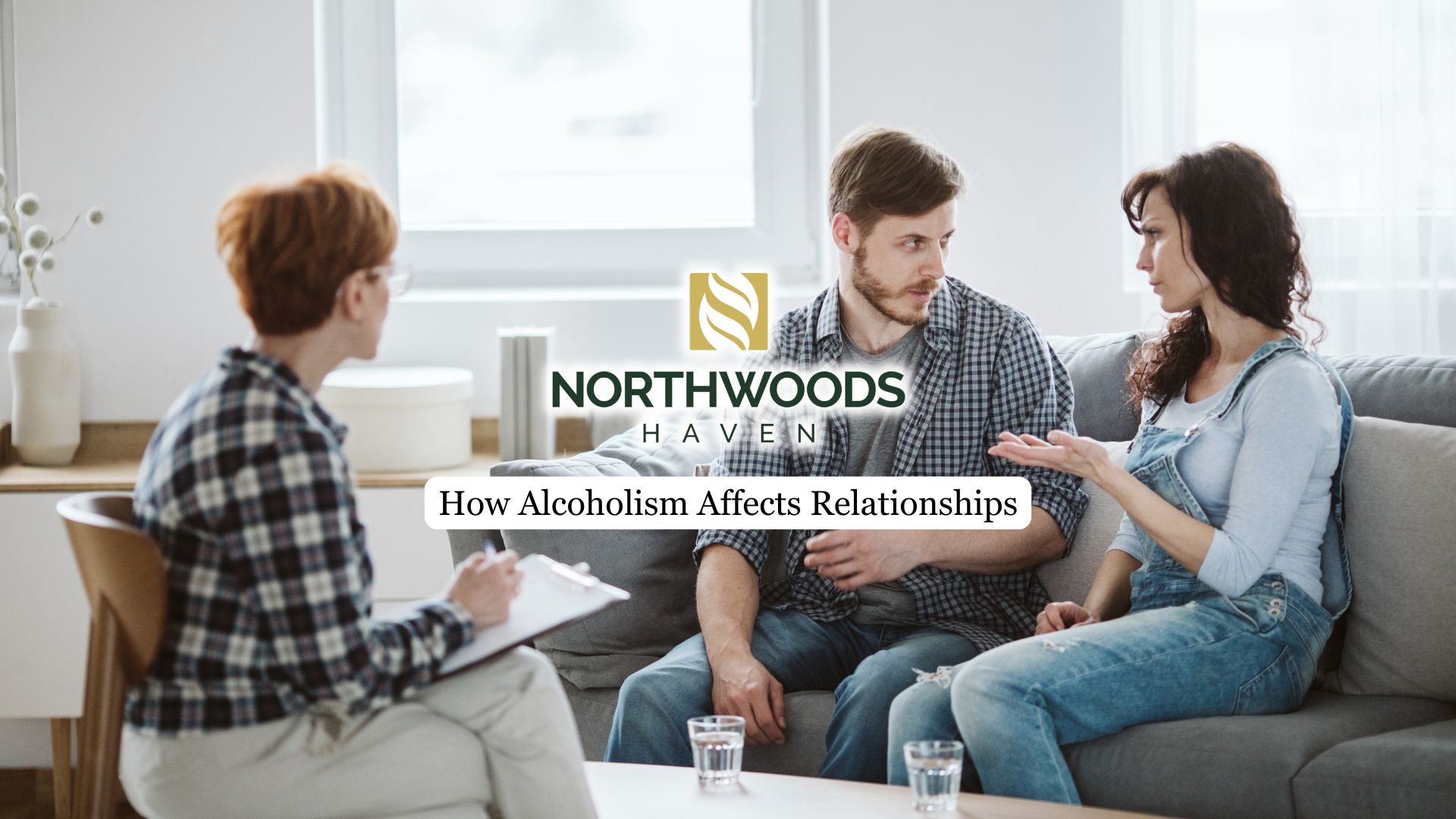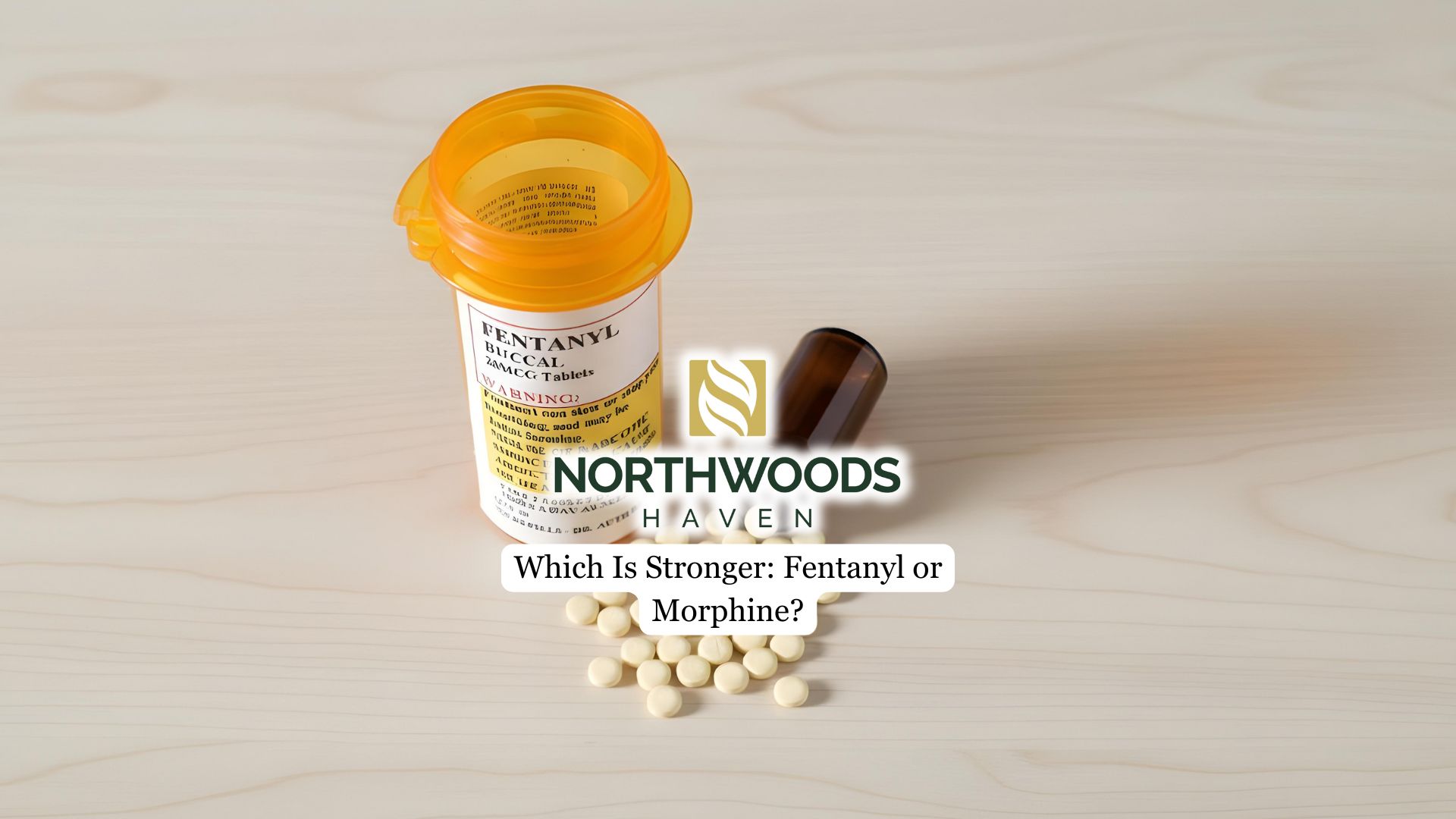Alcoholism doesn’t impact solely the life of the addict, but it also affects the lives of everyone around them. Whether it’s you suffering from AUD, your significant other, a friend, or a family member, alcoholism becomes everybody’s problem.
Understanding the reasons for Alcohol Use Disorder (AUD) will help in identifying and addressing the issue in its early stages.
Why Do People Become Addicted to Alcohol?
People develop alcohol addiction for a variety of reasons, as this substance helps them numb any discomfort or pain. Past trauma, like abuse, neglect, or the loss of a loved one, can leave wounds that alcohol temporarily soothes.
Many people living with anxiety, depression, PTSD, or bipolar disorder turn to alcohol for relief. It becomes a self-medicating tool that leads to dependence.
Work stress, financial problems, caregiving responsibilities, or unresolved relationship tension can push someone to use alcohol as a coping mechanism.
Alcohol addiction can also be genetic. If a person grew up around alcohol abuse, they may normalize it or even be genetically predisposed to become addicted to alcohol themselves.
Heavy drinking is often encouraged in friend groups, among peers and in social circles, or in workplaces. When drinking is part of everyday life, it’s easy for the habit to turn into something more destructive without warning signs.
Fortunately, programs like Northwoods Haven’s Alcohol Addiction Treatment in Minneapolis offer rehabilitation and support services for those suffering from Alcohol Use Disorder.
How Alcoholism Affects Romantic Relationships
Romantic relationships are built on trust, communication, intimacy, and shared goals. Alcoholism often ends up ignoring those foundations.
Alcohol dependency or addiction may result in a breakdown in communication, often turning honest conversations into shouting matches. Conversely, they may also result in what is called the “silent treatment”. One partner may constantly walk on eggshells, unsure how their words will be received depending on whether the other is sober or not.
Promises, especially those about reducing alcohol intake or stopping it altogether, tend to be broken often. Lies about drinking, hidden bottles, and secret binges all damage the credibility needed to regain a healthy connection.
The excessive drinking of alcohol can become a barrier between partners. The drinking partner may become emotionally unavailable, defensive, or volatile. The sober partner may feel lonely, angry, or exhausted, often carrying the weight of the relationship alone.
Drinking too much alcohol can also impair sexual function and lead to decreased affection, or in some cases, increase the risk of verbal or physical abuse.
Sadly, many partners of alcoholics fall into codependent roles, trying to “fix” or “save” the other. This creates a toxic loop where, for the sober partner, love feels like an obligation, and for the partner who’s dependent on alcohol, compassion becomes control.
How Alcoholism Affects Family Dynamics
In families, alcoholism can be just as devastating, if not more, because it often spans generations and affects multiple relationships at once.
When a parent is an alcoholic, children are forced to grow up too fast. They may take on adult responsibilities, hide their emotions, or try to keep the peace. Some kids rebel. Others become overachievers to distract and distance themselves from the chaos. Either way, their childhood is hijacked.
When a sibling or adult child is an alcoholic, the family may divide into roles – protector, enabler, and scapegoat. Sibling resentment grows, and parents may unintentionally prioritize the addicted child, leaving others feeling invisible.
In relationships or families where one spouse drinks heavily, the other often becomes the glue keeping things together. But eventually, the relationship becomes very strained and trying for everyone. The stress of keeping up appearances, managing finances, and protecting the kids wears the other parent down.
Sad to say, children of alcoholics are more likely to become alcoholics themselves or marry one. If the cycle isn’t broken, it echoes into future generations.
The Role of Enabling
Enabling happens when one person, often with good intentions, makes it easier for the alcoholic to keep drinking without facing consequences. Enabling can take many forms, often disguised as love or loyalty, but it ultimately feeds the addiction.
It might look like covering up the alcoholic’s behavior, making excuses to friends, family, or coworkers to avoid embarrassment or conflict.
Some people find themselves bailing their loved one out of financial disasters or legal trouble, thinking they’re helping—but really, they’re shielding them from the consequences that could spark change.
Others avoid confrontation altogether, tiptoeing around the issue to keep the peace, while many end up tolerating behavior that crosses personal boundaries, all in the name of keeping the relationship intact.
Enabling keeps the alcoholic from hitting “rock bottom”—that critical moment when they might realize they need help.
The enablers themselves may become emotionally drained, resentful, or feel trapped in a role they never asked for. Over time, the relationship becomes less about love and more about survival.

Breaking the Cycle: Healing Together—or Separately
If you’re the partner or family member struggling with alcoholism, the first and hardest step is to acknowledge the problem.
Denial only delays healing, both for you and everyone around you. Seeking treatment is crucial, whether through therapy, a rehabilitation program, or a support group like Alcoholics Anonymous.
Recovery doesn’t end with getting sober. It continues with rebuilding trust through consistent, responsible behavior that shows your loved ones you’re serious about change.
And while sincere apologies matter, words alone won’t fix what’s been broken. It’s your actions, day after day, that will begin to mend the damage and restore what addiction tried to steal.
If you’re the loved one of an alcoholic, one of the most powerful things you can do is stop enabling and start setting clear, firm boundaries.
Being firm in preventing alcohol use is not punishment. It’s protecting your well-being—and your partner’s, spouse’s, or family members’ well-being as well—and no longer making it easy for the addiction to thrive.
Final Thoughts from Northwoods Haven on Alcoholism
At Northwoods Haven, we’re trained to help anyone struggling with alcoholism or addiction to other substances by addressing the symptoms and treating the person.
Our rehab programs in Minneapolis, MN, provide expert care tailored to each individual’s needs, focusing on both physical and mental well-being through evidence-based treatment. We create a safe, supportive space where people can overcome addiction and build a strong foundation for recovery, and where people can reclaim their lives.



